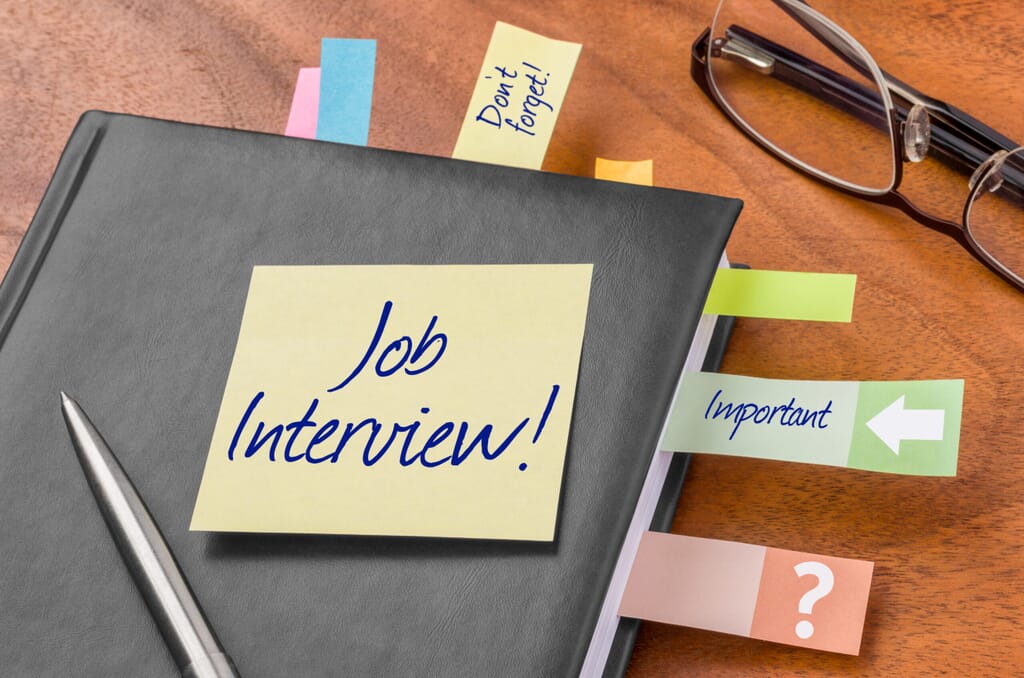
Category: Advice
What could interviews look like in the future?
Article by Lynne Dare, Director at Mosaic Search & Selection
The Future of Interviews
An interview is crucial to securing any job, but for many, it’s the most challenging part of the process. This complicated and essential task changed radically during the recent pandemic making it even tougher to negotiate. Now, with the metaverse becoming a reality, it may change again.
Whether you’re looking for tips on succeeding at an interview or want to stay ahead of trends as a hiring manager, here’s what the future of interviews could look like.
Why Interviews Will Still Be Important
Despite the significant shift towards remote working, interviews are still a hugely important part of the hiring process. They are crucial for both the interviewer and the interviewee as they allow the two parties to assess how the other communicates and performs and if they are a good fit for the job opportunity.
According to research, around 55% of communication is conveyed non-verbally, i.e., through facial expressions and body language. Since visual cues are so important, it’s no surprise that face-to-face interviews shifted online rather than using the telephone when the pandemic hit. The rise of Zoom video calls allowed people to get that crucial visual communication and demonstrated that interviews are here to stay.
Digital Interviews in The Future
However, with the rise of Artificial Intelligence (AI), Augmented Reality (AR), and Virtual Reality (VR), interviews look set to change. With so much being said via body language and expression, how can a computer interpret a candidate’s body language if they use an avatar? And how can a candidate build trust with an algorithm?
Some universities and recruiting platforms are already using AI and VR for interviews. For potential candidates, it allows them to practice interviews before going into the real world. For recruiters, the same technology is used to help refine questions, create a neutral interview space, and ensure candidates have a fair, equal process.
While this kind of technology is in the early stages, the Metaverse (and other digital platforms) looks set to take future job interviews into an alternate reality. But is this a good thing?
Digital Vs. In-Person Interviews
For some, the move to digital interviews is a welcome change. For others, it’s another thing to worry about. If you’re on the fence, here are some pros and cons for each:
| Digital (AI, AR, VR) | In-Person | |
| Pros | · Candidates from different backgrounds and abilities are offered a level playing field.
· Speeds up the interview process, is less disruptive, and is less costly (excluding the cost of the technology itself). · Allows new ways to test candidates by placing candidates in VR situations.
|
· Offers both parties a chance to communicate non-verbally.
· Does not require knowledge or experience of technology. · Increased engagement and ability to form interpersonal relationships. · Chance to introduce the candidate to colleagues or the work environment. · Allows for job-simulation testing. |
| Cons | · Technology can glitch or cause connection problems.
· Candidates without access to the technology may not know how to use it. · Removes some personable connections, and avatars may not accurately convey body language. |
· Travelling is not an option for all candidates.
· Often take more time out of the interviewer’s day and are disruptive and costly. · Limits the candidate pool. · Biased towards candidates with specific experience or social skills.
|
Preparing For Interviews of The Future
Whether you prefer face-to-face interviews or are looking forward to the introduction of new technology, some things will never change. Making sure your appearance is appropriate or that your avatar reflects your personality, will still be important at interview stage. Furthermore, being on time for your interview either in person or logging on at the agreed appointment time will be expected whichever side of the interview you sit on.
In Conclusion
So, as we all prepare for future job interviews, some things will remain the same. Whatever format or platform they use, job interviews will continue to dominate the hiring process, and we will all have to adapt to new technology. We have some great advice on our Insights Page to help candidates and hiring managers over the various interview processes and platforms. eg How to conduct an interview online or How to conduct a great interview or for candidates “Tell me about yourself” – How to answer this interview question.
At Mosaic Search & Selection our dedicated team search tirelessly through our national and global network to find you the very best talent. Specialising for over 20 years in the Publishing, Financial Services and Business Process Outsourcing sectors, we can tailor a successful executive search project around your senior level recruitment needs. We would welcome an initial chat with you to identify how we can help. Click here to contact us, we’d love to hear from you.
You may also be
interested in...
Category: Advice
Global Talent, Local Expertise: How Our NPAworldwide Membership Benefits You
At Mosaic Search & Selection, our commitment to delivering exceptional recruitment outcomes extends far beyond borders. As a proud member…
 Read More
Read More
Category: Advice
Is Remote Leadership Here to Stay – and What Skillset Do You Need to Make It a Success?
If there’s one question we’ve heard repeatedly over the past year, it’s this: “Is remote leadership really here to stay?”…
 Read More
Read More

